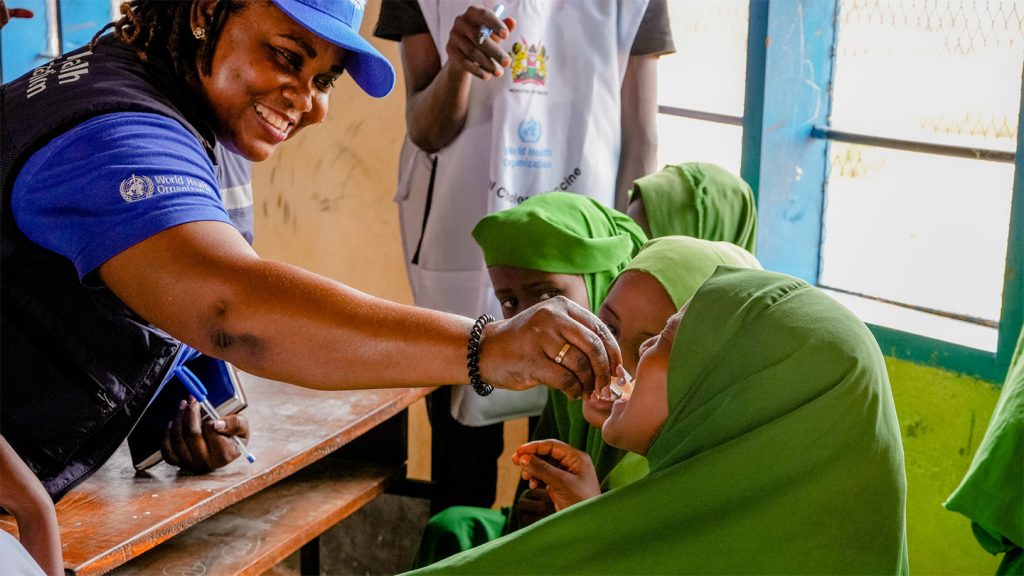Meghan Rosen, a staff writer specializing in life sciences for Science News, embodies the intersection of scientific expertise and effective communication. Her educational background, encompassing a Ph.D. in biochemistry and molecular biology from the University of California, Davis, and further honed by training in science communication at UC Santa Cruz, uniquely positions her to translate complex scientific concepts into accessible and engaging narratives for the public. This dual proficiency allows her to bridge the gap between the scientific community and the broader audience, fostering understanding and appreciation for the intricacies of the life sciences. Her work at Science News exemplifies this commitment to making science understandable and relevant.
Rosen’s doctorate in biochemistry and molecular biology, with an emphasis on biotechnology, provided her with a deep understanding of the fundamental processes that govern life. This rigorous training instilled in her a nuanced perspective on the molecular mechanisms underlying cellular function, genetic inheritance, and the development of novel biotechnologies. Her doctoral studies likely involved extensive laboratory research, demanding analytical skills, meticulous data interpretation, and a commitment to scientific rigor. This immersive experience laid the groundwork for her ability to critically evaluate scientific research and distill its essence for a wider audience. The focus on biotechnology further enriched her understanding of the practical applications of biological research, including genetic engineering, drug development, and agricultural advancements.
The subsequent pursuit of a science communication program at UC Santa Cruz reflects Rosen’s dedication to making science accessible to those outside the scientific community. This program likely equipped her with the tools and techniques necessary to translate complex scientific jargon into clear and concise language, crafting compelling narratives that capture the essence of scientific discoveries. She likely honed her skills in various communication mediums, including writing, visual communication, and public speaking, enabling her to effectively engage diverse audiences. This training provided the crucial bridge between her scientific expertise and her ability to communicate scientific concepts effectively.
Rosen’s role as a staff writer at Science News represents the culmination of her academic pursuits and her passion for sharing scientific knowledge. At Science News, she likely covers a wide range of topics within the life sciences, from breakthroughs in medical research and advancements in genetic engineering to the latest discoveries in ecology and evolutionary biology. Her writing likely showcases her ability to synthesize information from various sources, including scientific journals, conferences, and interviews with researchers, presenting a balanced and well-informed perspective on current scientific issues. This involves not only explaining the science itself but also contextualizing its significance within the broader societal landscape.
Her contributions to Science News likely play a critical role in informing the public about important scientific developments, empowering individuals to make informed decisions about their health, the environment, and the future of scientific innovation. By explaining complex scientific concepts in an accessible and engaging manner, she helps to demystify science and foster greater public understanding of its impact on our lives. Her ability to connect with readers through clear language, compelling narratives, and relatable examples likely contributes significantly to the accessibility and impact of Science News.
In conclusion, Meghan Rosen exemplifies the crucial role of science communicators in bridging the gap between the scientific community and the public. Her unique blend of scientific expertise and communication skills allows her to translate complex scientific concepts into accessible narratives, empowering individuals to engage with science in a meaningful way. Her work at Science News serves as a testament to her dedication to fostering scientific literacy and promoting a greater appreciation for the wonders of the life sciences. Her contributions likely extend beyond simply reporting on scientific discoveries to fostering critical thinking, inspiring curiosity, and promoting informed decision-making within the broader community.


